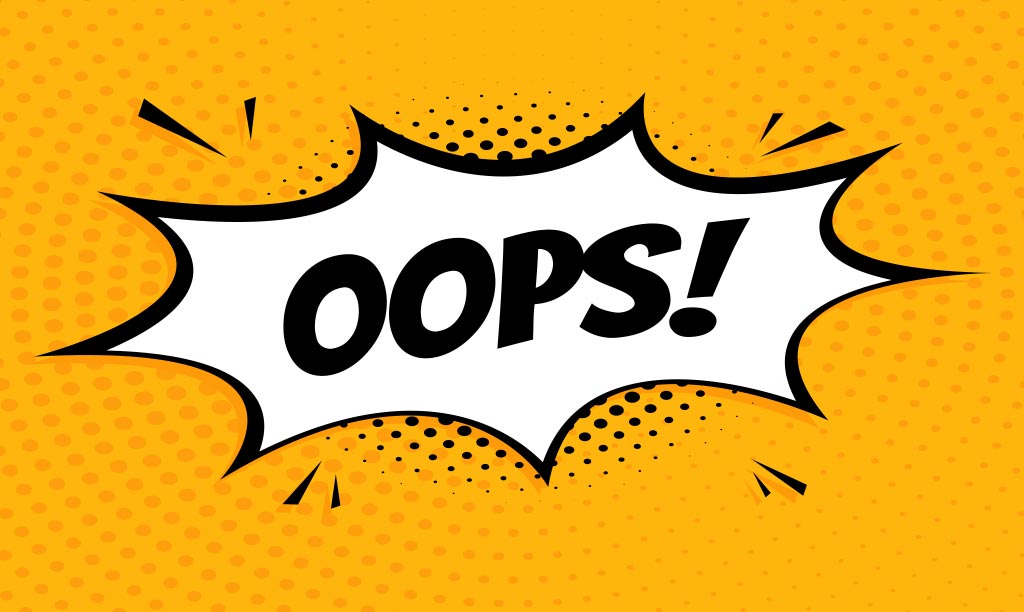This year’s Autumn statement was by no means groundbreaking for VAT, so this year our commentary is around the extension of reliefs and specifically what it means for goods and services to be zero rated. We will cover the benefits and potential drawbacks of extending zero rating and explore whether further extensions in the post Brexit era, where the UK has autonomy over such reliefs within the VAT system, are worthy of consideration.
We often hear and see the phrases “zero-rated” and “exempt” used interchangeably in relation to goods and services which do not carry a VAT charge, but for suppliers of these products the distinction is incredibly important. This is because zero rated supplies mean full VAT recovery on costs, without having to pay it on income, whereas making exempt supplies generally means the supplier has to absorb VAT spent as a cost of the business. You can imagine therefore that businesses would always opt for zero rating as it will have no VAT cost to absorb either on costs or income. This is especially beneficial where the customer has no perception or interest in how much VAT they pay and will pay what the market demands.
Case in point: Knickers to it!
In response to a very well publicised and well put together campaign, started by M&S in partnership with WUKA, and supported by many major retailers, politicians and charities, the Chancellor announced that from 1 January 2024 period underwear will be Zero rated. This will bring it into line with other sanitary wear which has been zero rated since 2021 following calls to “abolish tampon tax” on the basis it was a sexist tax, sending out the wrong message that sanitary products should be classed as non-essential, luxury items. The idea that if these products are subject to 20% VAT they would effectively be considered as luxury items comes from VAT’s introduction into the UK statute book when the EU allowed the UK to keep its zero rating for “essential items such as various foodstuffs etc.” When considered against a backdrop of cakes being zero rated and ergo essential, we agree with the logic that it cannot possibly be right to not treat sanitary products as essential and therefore zero rated. Fast forward three years and the same conclusion must surely be reached regarding period underwear.
Turning to the issue of whether the introduction of zero rating is effective, the motive for its introduction is key in order to evaluate this. In response to the arguments from women’s rights groups, that VAT applying to any sanitary wear “sends out the wrong message”, removing VAT from these items in whatever form, must be seen as wholly successful in ensuring that there is no possibility that the VAT treatment of sanitary wear suggests that it is anything other than essential. The other argument for removing the VAT cost in relation to period underwear, which is a more sustainable option of sanitary wear, is to remove “one of the main barriers” to people buying these being the cost1 according to “customers and colleagues”. The argument put forward by the “say pants to the tax” campaign is that “removing the tax and reclassifying period pants as a period product”, and therefore falling within the scope of the zero rating, will make “this brilliant alternative to disposable period products more accessible to more people”. Whether or not, and how successfully extending the zero rating will remove the cost barrier, as put forward by campaign, we think is much more difficult to unpack and evaluate.
On the face of it zero-rating will be applicable from 1 January and many retailers have pledged to pass the VAT saving on, so there will be a reduction in the cost of these items. According to an article published on the BBC website2 a survey found nearly a quarter of women cite cost as a barrier, although there is no citation for this survey so it is not possible to tell whether a 20% reduction in cost would remove this barrier for those people. If not the change in policy has been ineffective in making the products more accessible to more people.
Some retailers had already reduced the price by 20%, in the summer after the campaign launched and before any commitment from the Government to address the issue, stating that they were “covering the VAT cost”. This begs the question of whether the zero rating was actually needed to affect the price reduction, if retailers were able to reduce the cost prior to any change in the VAT rate being committed to.
Conclusions – is zero rating required to reduce price?
This is a question we cannot answer about any zero-rated product as there are too many factors to consider such as: was a sustained price reduction not commercially viable without the VAT treatment changing? Were there other ways to make the products more affordable such as market conditions forcing a lower profit margin down the supply chain.
For period underwear, it may be the case that the lower price was not commercially viable to continue selling the products, in which case the change in VAT treatment from 1 January, will have ensured that this reduced price can be sustained long-term. Whether this change in policy continues to make these products more affordable also remains to be seen. We assume, retail pricing is driven by more than the tax rate applicable to items. For example, if at some point demand for period underwear was outstripping supply would the price be held down in recognition of the zero VAT rate?
The fact is that we can’t know whether it is the VAT rate change or other forces that have allowed the reduction in price of period underwear, or any zero rated product because there is no legal requirement to pass a VAT saving onto customers and for retailers to prove that they have passed the tax saving on would require that they share commercially sensitive information about their profit margins and their pricing methods etc, with explanations about viability and decision making around product stocking.
In summary then, whether the zero rating of essential products, but particularly period underwear will achieve the goal of making it more accessible/affordable remains to be seen and is possibly not capable of being demonstrated. What definitely has been achieved by the change is that there is no possibility of the VAT treatment leading to the argument that period underwear is a “luxury item” and that retailers will not have to account for VAT on the sales of them going forward.
1 https://corporate.marksandspencer.com/sites/marksandspencer/files/09-2023/Pants_To_The_Tax_OPEN_LETTER%20.pdf
2 https://www.bbc.co.uk/news/business-66449998























